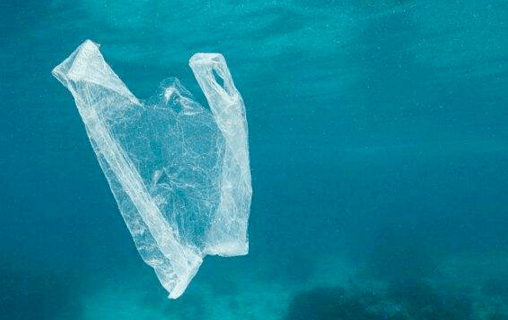What should we do when tens of millions of tons of plastic waste flow into the ocean
 Jul 14, 2023|
Jul 14, 2023| View:246
View:246According to data released by the United Nations, over 400 million tons of plastic are produced globally each year, with approximately tens of millions of tons of plastic waste flowing into the ocean. Another study shows that there are currently 5.25 trillion plastic fragments floating in the ocean, even in the Pacific Ocean between 35 ° and 42 ° north latitude, merging into a "garbage continent" composed of 4 million tons and 1.8 trillion plastic fragments.
In recent decades, the concentration of plastic waste in the Pacific has increased significantly, and the area of the "Great Pacific garbage patch", including the "garbage continent", is continuously expanding. If left unchecked, a large amount of plastic waste will continue to spread along the ocean currents over time. To effectively control marine garbage, every country needs to make its own efforts.
The vast majority of marine plastic waste comes from land and is transported to the ocean through rivers. The management of marine plastic waste must start from rivers.

Plastic waste in the ocean can entangle or ingest marine animals, directly or indirectly causing their death. Floating plastic fragments can also be decomposed into plastic particles, becoming food for fish and plankton, and ultimately enriched in the human body.
Plastic waste in rivers is becoming increasingly serious
Plastic waste in the ocean can entangle or ingest marine animals, directly or indirectly causing their death. Floating plastic fragments can also be decomposed into plastic particles, becoming food for fish and plankton, and ultimately enriched in the human body.
A study by Newcastle University in Australia shows that Microplastics have entered the human body through drinking water and food. The global average person consumes nearly 5 grams of Microplastics every week, which is equivalent to eating a credit card every week.
Protecting the global water environment and controlling river garbage pollution is an urgent matter. More and more enterprises are also turning their attention to this, working together with public welfare organizations to become active actors in environmental protection.
Reducing plastic production is imminent, how should companies take action?
It is neither realistic nor economical to eliminate plastic products. To control Plastic pollution, we should start with "plastic recycling". According to data from the United Nations Environment Programme, less than 10% of the over 400 million tons of plastic produced worldwide each year are recycled. There are many factors that hinder the reuse of plastic, one of which is the difficulty in sorting and cleaning waste plastic, resulting in a "high recycling cost". The production and use of recyclable plastics is the starting point of "recycling".







